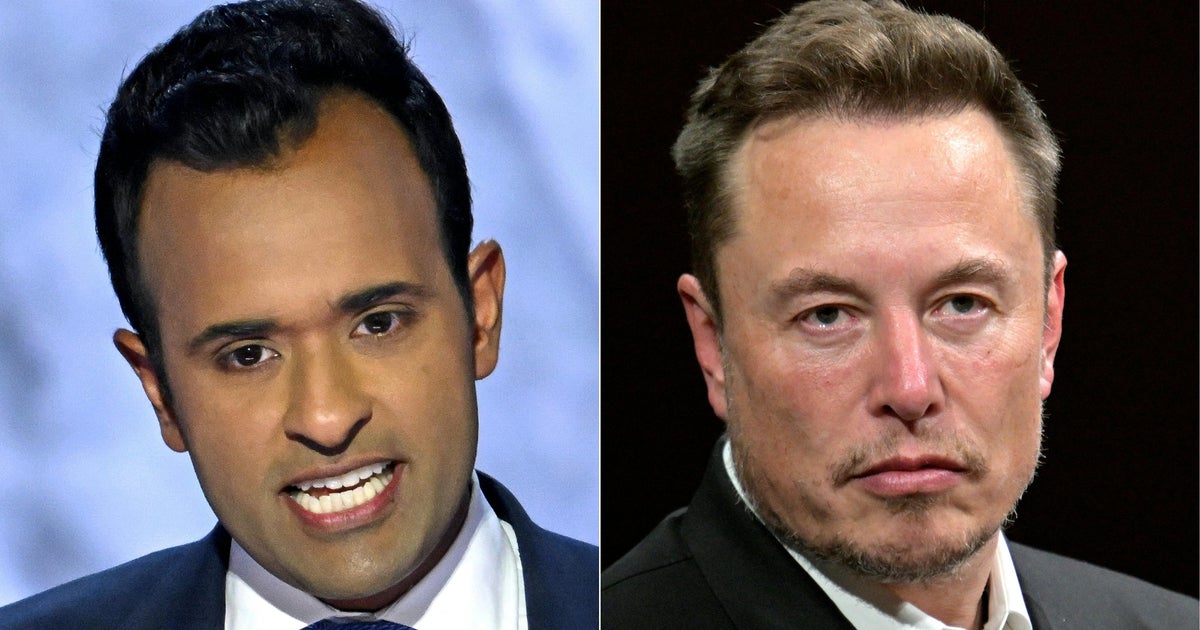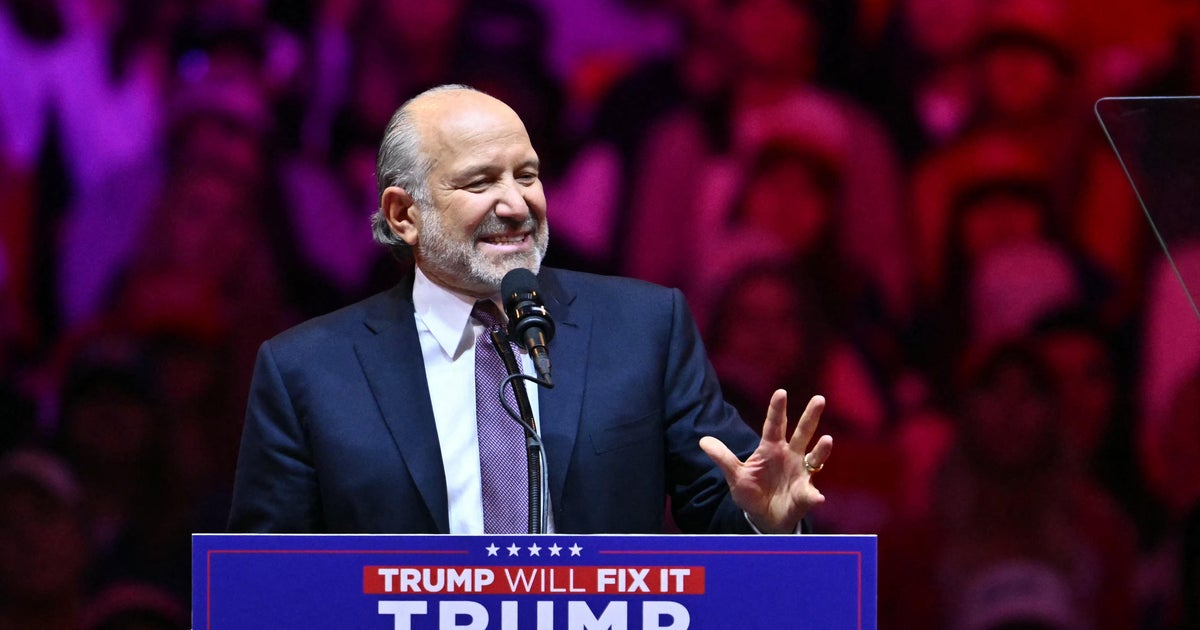It would be "foolish" to think Russia isn't still targeting U.S., DHS secretary says
Amid questions about where President Trump stands on Russian efforts to target the U.S. in the 2016 election and beyond, Homeland Security Secretary Kirstjen Nielsen says Russia was "absolutely" attempting to interfere in the U.S. election systems in 2016 and that it would be "foolish" to think they aren't trying to do so again in 2018.
"Russia was absolutely attempting to interfere in our election systems," Nielsen said at an Aspen Security forum conversation with NBC News' Peter Alexander in Colorado. She added, when asked if the U.S. is still a target, "I think we'd be foolish to think they're not. They have capability, they have the will, we've got to be prepared."
Nielsen was pressed on the president's conflicting statements from his summit with Putin in Helsinki where he suggested that both the U.S. and Russia were to blame for election tampering in 2016 and did not hold Putin accountable. On Wednesday, Mr. Trump CBS News' Jeff Glor that he "would" hold Putin responsible for interference and said that he had warned Putin not to meddle.
Nielsen told Alexander that she doesn't think "there's any question in the intelligence community or DHS that Russians attempted to infiltrate and interfere with our electoral systems." She said they have the "capability" and the "intent," adding, "I don't think there's any doubt that they did it, and I think we should all be prepared that given that capability, they'll do it again."
On the question of whether Putin himself directed the call to interfere in the U.S. election, Nielsen said that the 2016 attack was carried out by "Russian government actors" and that the public "can all draw conclusions what that means." But she also said that despite the intelligence communities findings, she hadn't seen any evidence that the attempts to interfere in the country's election infrastructure "was to favor a particular party."
She added, "No, I would not necessarily say that was the purpose, I think the overall purpose was to sow discord and to get us all to fight against each other rather than understand who the enemy is."
Nielsen made similar comments back in May, telling reporters after a classified election security briefing on Capitol Hill that she "hasn't seen" a conclusion by the intelligence community that Russia's intent in meddling in the 2016 election was to help Mr. Trump win the presidency and to hurt Hillary Clinton.
But the assessment released by the director of National Intelligence in January 2017 read, "We assess Russian President Vladimir Putin ordered an influence campaign in 2016 aimed at the US presidential election. Russia's goals were to undermine public faith in the US democratic process, denigrate Secretary Clinton, and harm her electability and potential presidency. We further assess Putin and the Russian Government developed a clear preference for President-elect Trump," the report said.
It continued, "We also assess Putin and the Russian Government aspired to help President-elect Trump's election chances when possible by discrediting Secretary Clinton and publicly contrasting her unfavorably to him."
And Putin himself noted at Monday's joint press conference that he did in fact favor Mr. Trump to win the election over Clinton. "Yes, I did, yes, I did, because he talked about bringing U.S.-Russia relations back to normal," Putin told reporters when asked if he wanted Mr. Trump to win the presidency.
Nielsen added on Thursday, "It was in an effort to attack certain political parties that we know about more than others and so I think we'll continue to look and see what that means and be prepared for the next time."
Asked for her assessment of the president's performance in Helsinki, Nielsen said it's "still too early to tell" if Mr. Trump would walk away with a win from his summit.



